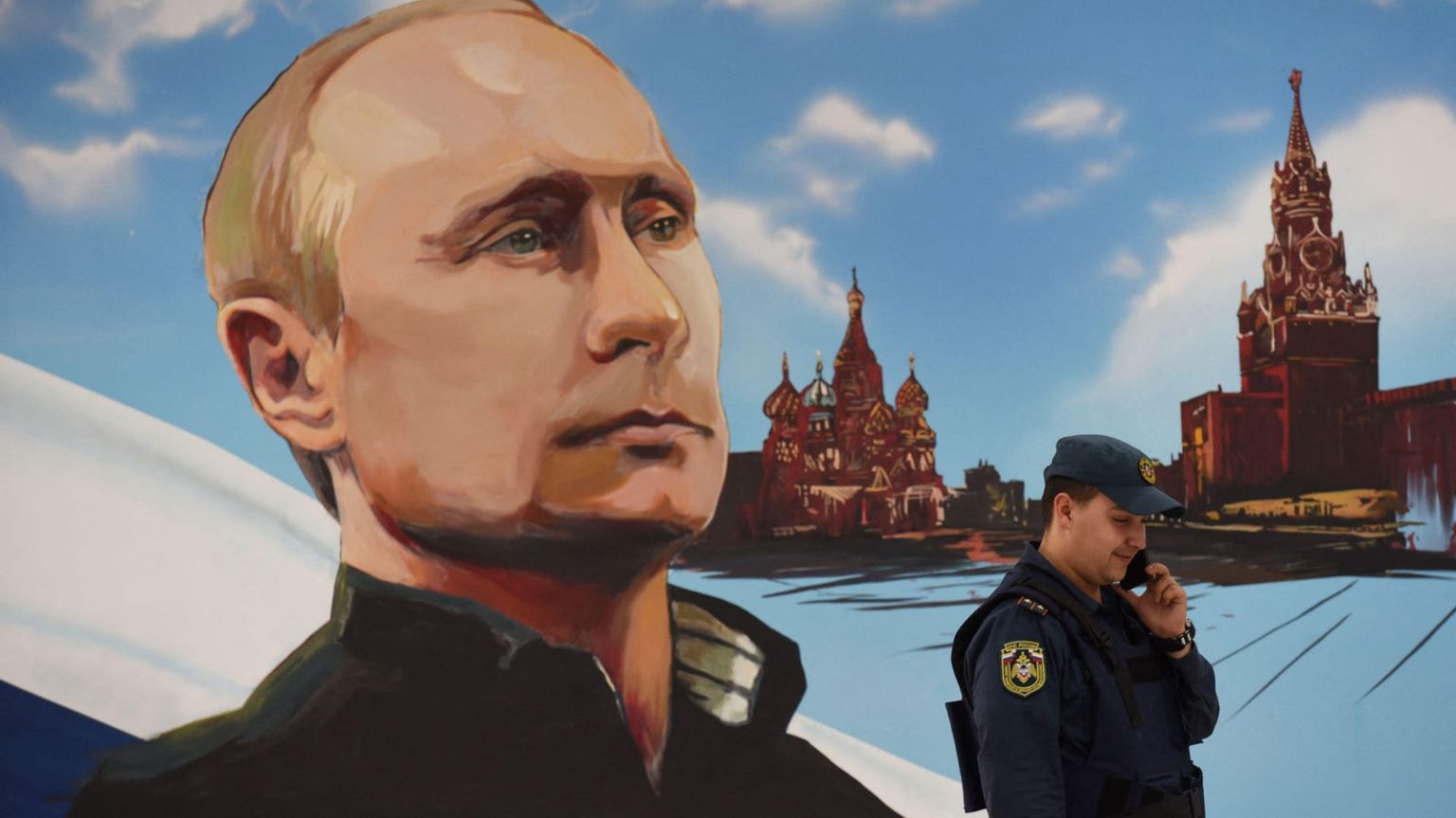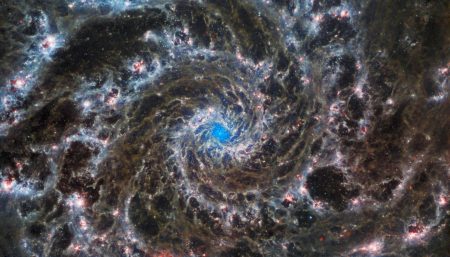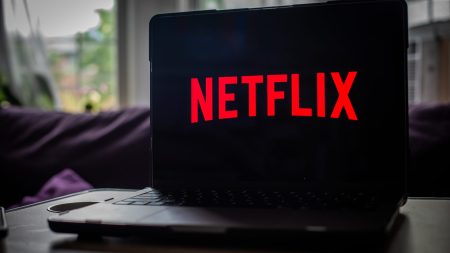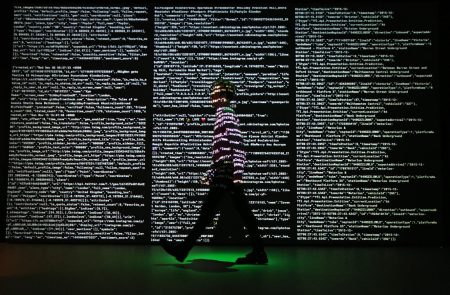The latest report from Microsoft’s Threat Analysis Center reveals that a Russian-backed election influence campaign is underway ahead of the 2024 presidential election. While activity from these actors has been detected in the last 45 days, it appears to be happening at a slower pace compared to past election cycles. This could be attributed to a less contested primary season this year, according to Microsoft.
Russian influence efforts in this election cycle are primarily focused on spreading disinformation to turn U.S. opinion against Ukraine and NATO. Microsoft’s analysis has identified at least 70 Russian actors using both traditional media and social media to spread Ukraine-related disinformation over the past two months. Several Russia-affiliated actors have been identified behind these influence operations, including the group known as Storm 1099, which was responsible for the “Doppelganger” misinformation campaign in 2022.
The most prolific actors in these influence campaigns are affiliated with the Russian Presidential Administration, indicating a shift towards a more centralized nature of these operations compared to previous years. In the past, the 2016 and 2020 campaigns were more closely associated with Russia’s Internet Research Agency and intelligence services. Artificial intelligence is playing a role in shaping how these influence actors operate, although not in the ways that were initially feared.
Despite concerns about the use of deepfake videos to deceive the public, Microsoft’s report notes that these efforts have been largely unsuccessful. Instead, influence actors have relied on simple digital forgeries, such as fake news stories with fake logos, to spread misinformation. AI-generated content about lesser known figures has been more convincing to audiences than content about well-known figures.
These influence actors often follow similar tactics for spreading misinformation, with one group known as Storm-1516 introducing misinformation on video channels and amplifying it through a network of covertly operated websites. The U.S. has long accused Russia of using social media and online tools to influence U.S. politics, particularly around election time. Russia has denied these accusations and vowed not to meddle in the 2024 election, despite evidence from cybersecurity experts and intelligence agencies.















